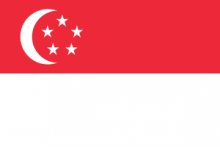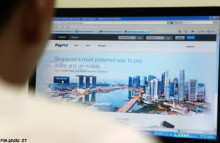Singapore's online media rules spur protests, Malaysians brace themselves
THE slumbering merlion is stirring: The Singapore Government’s move last week to regulate online news, including the local edition of Yahoo News, has resulted in public protests while Malaysians are watching developments closely after one of their own ministers said the Malaysian Government might follow suit.
Last Tuesday, Singapore’s Media Development Authority (MDA) announced that from June 1 onwards, “online news sites that report regularly on issues relating to Singapore and have significant reach among readers here will require an individual licence.”








































































